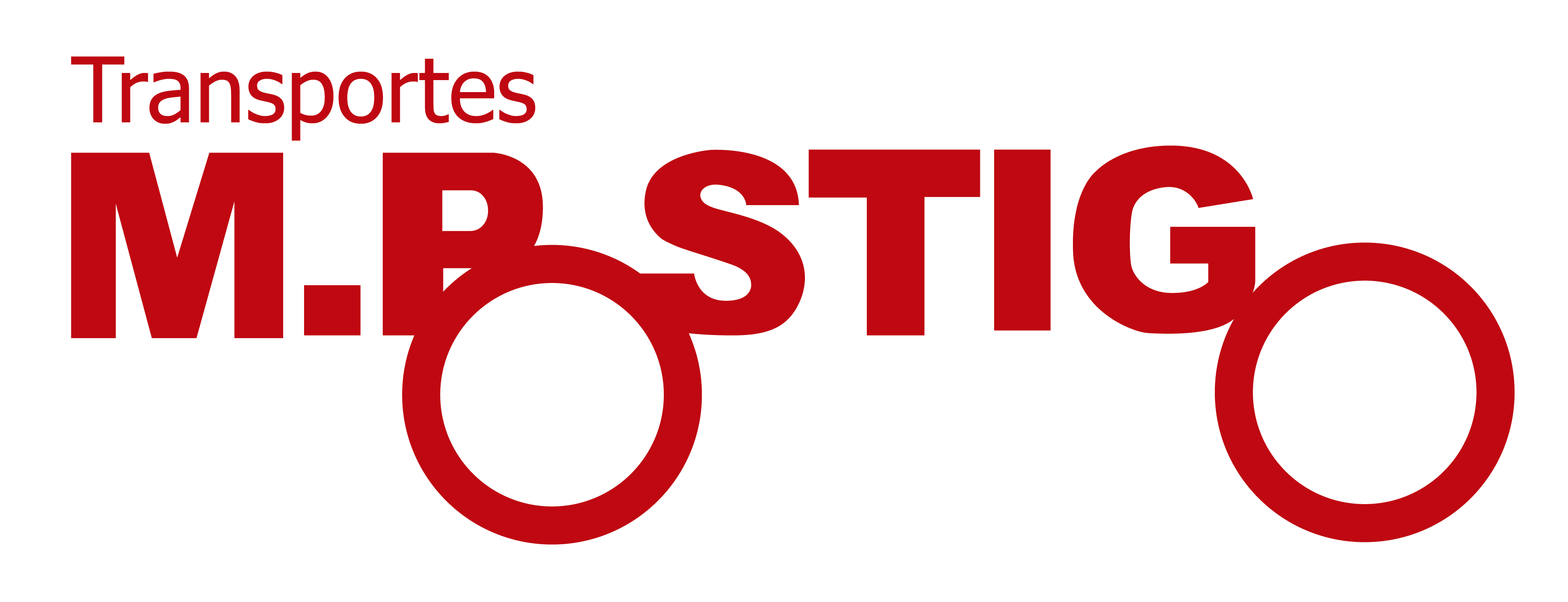Transportation plays a fundamental role in the efficient operation of any company. A well-designed and structured transportation plan can have a significant impact on productivity, customer satisfaction, and the organization’s financial balance. The following are key points that highlight the importance of having a solid transportation plan:
- Cost Optimization: A transportation plan allows for more efficient allocation of company resources, such as vehicle fleets and personnel. By utilizing route and load optimization technologies, it’s possible to reduce operational costs and minimize travel times, saving fuel and resources.
- Timely Deliveries: A well-structured transportation plan ensures that deliveries are made on time. This is crucial for meeting customer expectations and maintaining a positive reputation in the market. Customers rely on punctuality and consistency, which can, in turn, lead to recommendations and loyalty.
- Emission Reduction and Sustainability: With the increasing environmental awareness, having a sustainable transportation plan is essential. By optimizing routes and using more efficient vehicles, carbon emissions and the company’s environmental footprint are reduced, contributing to environmental protection and compliance with environmental regulations.
- Flexibility: A well-planned transportation plan allows the company to be more flexible and adaptable to market fluctuations and changing customer demands. It’s possible to adjust routes and logistics to address unforeseen situations or changes in demand, improving the company’s responsiveness.
- Regulatory Compliance: Transportation safety is a crucial factor in any company. A transportation plan considers applicable safety regulations and standards, helping to reduce accidents and transportation-related risks. This, in turn, prevents legal penalties and ensures regulatory compliance.
- Improved Inventory Planning: A good transportation plan is closely linked to the company’s inventory management. By ensuring timely deliveries and optimizing routes, delays in the supply chain are minimized, reducing the need for large inventories. This results in a more efficient workflow and more effective cost management.
In conclusion, having a well-structured and strategically planned transportation plan not only drives operational efficiency and customer satisfaction but also contributes to sustainability efforts and corporate social responsibility. A company that invests in optimizing its transportation logistics is better prepared to face market challenges and maintain its competitive position in the long term.


